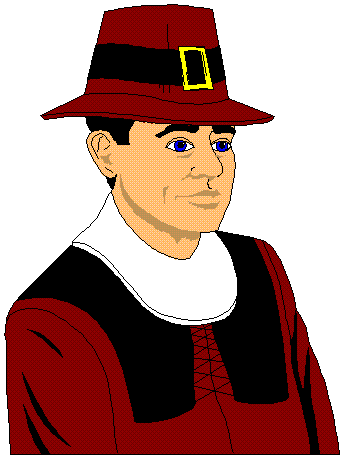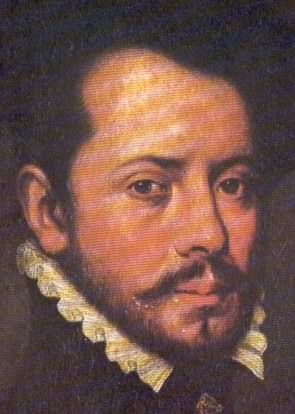They have a choice of 'origin myths'--one a tale of betrayal, another a story of beauty.
Of course, the "we gather together" Thanksgiving narrative glosses over other stories. Clearly, Anglo settlers didn't always have cordial relationships with Indians; for the sake of history, we need to supplement origin myths with more sober facts. Still, as Joseph Campbell once said, "myths are public dreams"; they aren't merely idealized versions of the past but contemporary calls to action and guides to the future.
But not all origin stories are constructive or inspiring. Mexicans, in particular, mythologized a tale of the violent and tragic conquest to explain their birth as a people: the story of the Spaniard Hernan Cortes and his indigenous translator and mistress, Doña Marina, a.k.a. La Malinche.
Marina was Cortes' victor's prize and, in 1522, she gave birth to Martin Cortes, one of many mestizo children born to the conquerors' mistresses and paramours. Four and a half centuries later, in 1950, the great Mexican poet Octavio Paz famously wrote that the "strange permanence of Cortes and La Malinche in the Mexican's imagination and sensibilities reveals that they are something more than historical figures: They are symbols of a secret conflict that we still have yet to solve."



2 comments:
Writerfella here --
But "Thanksgiving" more and more is becoming neglected by merchandisers each and every year, and thus by the culture itself. One only has to watch and see that, when Hallowe'en promotionals disappear, stores and TV advertising immediately begin their Xmas push. True, November's sole holiday also is observed in other countries (in Turkey, the Turks eat roasted "American bird."), but in the country of origin it gets less and less play as time munches on. writerfella says, leave it alone, and it'll go home, wagging its tail feathers behind it...
All Best
Russ Bates
'writerfella'
I think Thanksgiving is still pretty big in schools. And that's where kids learn (or don't learn) a lot of their Indian history.
Post a Comment